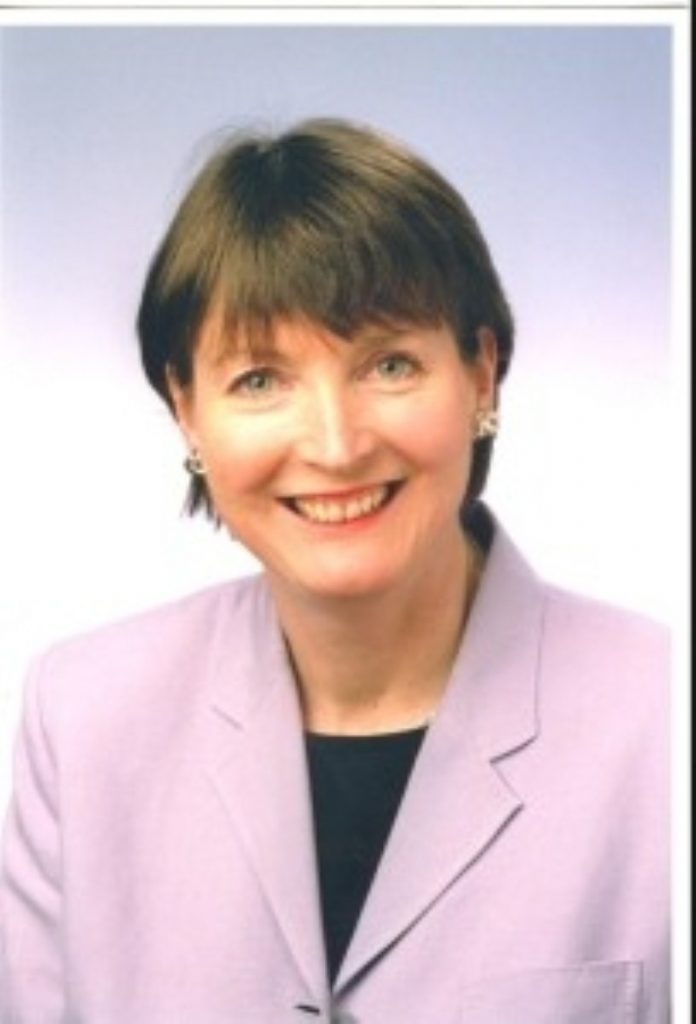Harman promises new approach to prosecuting rape
The Solicitor General has announced new measures designed to boost the level of convictions in rape cases.
Rape is the least likely of all violent crime to be both reported and prosecuted. Even when cases reach court there is an alarmingly low conviction rate- running at around 1 in 13, compared to one in three a generation ago.
The number of specialist Sexual Assault Referral Centres, which offer a combination of counselling, treatment and collection of forensic evidence, will increase from 11 to 15.
In addition, a specialist network of rape prosecutors to handle all rape cases will be established. These will be “experienced and committed” barristers who will have their performance monitored.


Speaking to a conference of rape prosecutors Harriet Harman said that she wanted “women to be able to have confidence in the justice system” and “the criminal justice system to bring offenders to justice.”
“To command confidence, the CJS must command confidence of the rape victim as well as the victim of the burglary or the mugging. To narrow the “justice gap” we must tackle the gap between the number of rapes and the number of convictions.”
She acknowledged that the number of reported rapes has been increasing, but said she argued that this increase is due to greater confidence in the criminal justice system.
“It’s also the fact that though the number of rape convictions have been increasing, the percentage of convictions as a percent of those proceeded against has fallen. To the extend that means that juries are more sceptical, or that investigations are getting it wrong, then that is worrying. But I believe that it is because prosecutors are more prepared than they might have been in the past to press on with a case.”
Mr Harman said she would continue to challenge “myths” about rape, notably that women somehow encourage the act, saying: “Those who believe the myths about rape don’t see what all of you here do – and as I do in my work as Solicitor General – the awful cases of rape often accompanied by sickening levels of violence and which traumatises the victim and often the friends and family as well.
“They don’t understand that however much support you give, however sensitive all the agencies – a prosecution is always going to be an ordeal for a rape victim.”
“But progress is being made and now the criminal justice system recognises that whatever the circumstances, whether or not the victim and perpetrator are known to each other, rape is a crime which will be treated with the utmost seriousness.”
Focussing on conviction, she emphasised that tackling rape “is not political correctness – it’s a criminal justice imperative” arguing that: “Sex offenders usually go on committing crimes until they are stopped. So a prosecution is not just about this victim – but also about protecting what might otherwise be his next victim.”
She highlighted recent changes in the law so that the onus is upon the man to prove that he had reasonable grounds to believe that consent was given, rather than the previous defence of honest or mistaken belief.
Regarding male rape, Ms Harman said that she was aware that the event was highly traumatic and that special support measures are required.
On sentencing, she said that either the Attorney General or herself could refer the case to the Court of Appeal if the sentence is believed to be unduly lenient, and said she would consider seriously any such requests.
Ms Harman said that the issues around rape convictions would not be forgotten by the Government, and pointed to a ministerial group, chaired by Baroness Scotland, which will monitor the new measures in practise.

